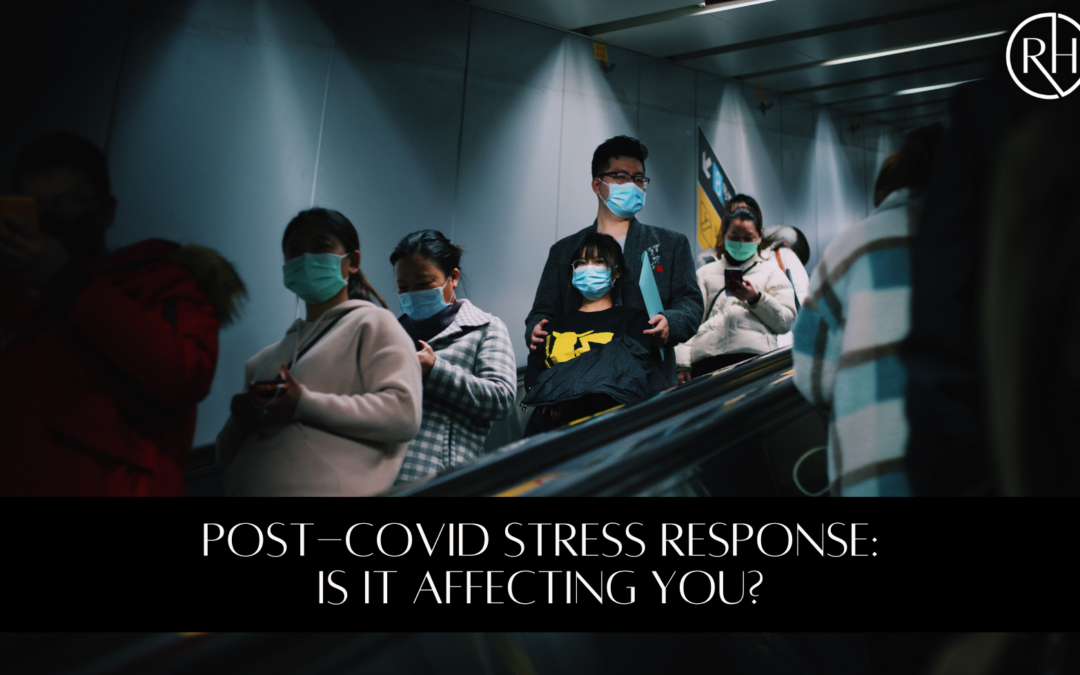The Covid-19 pandemic, and the various government responses to its spread, created an unprecedented crisis on a global level that has affected virtually every aspect of our lives. Beyond the immediate health risks, the pandemic led to a surge in multiple stresses – economically, personally, and pragmatically. These stresses have affected people emotionally, mentally, and physically in profound ways.
As a hormone therapy health provider, REVV Health knows that any stress can significantly affect both the body and mind. And while people may be able to intellectually assess all the stressors they had to confront during the pandemic, many don’t realize that their responses to these events have lingering effects that, in some ways, are comparable to PTSD (post-traumatic stress disorder). But there are ways to address and cope with these long-term stresses, including recognizing that these stresses have physiological impacts that may be remedied by hormone replacement therapy.
The Multifaceted Stresses of Covid-19
The Covid-19 pandemic brought forth an array of stressors that stretched well beyond the fear of contracting the virus. The prolonged lockdowns, social isolation, job uncertainties, school closures, and inability to visit friends and family all contributed to heightened stress levels. The sudden, unexpected, and unwanted break from routine life forced people into unfamiliar family situations, juggling remote work and childcare responsibilities. Beyond “normal” stress levels, people experienced heightened anxiety and pressure.
Even more, those who battled the virus or lost family members, co-workers, or friends experienced a whole different level of trauma. The grief, pain, and emotional toll of losing loved ones and of losing jobs, businesses, and livelihoods created an environment where stress reached unprecedented levels.
Long-Term Effects: Comparing Post-Covid Stress to PTSD
Even though the immediate crisis has passed, many individuals continue to experience long-term effects from the stresses induced by the pandemic. Some psychologists are drawing parallels between post-Covid stress response and PTSD (some have dubbed it PPSD: Post-pandemic stress disorder).
PTSD is a condition suffered by people who experience or witness a traumatic event – for example, a severe accident, being the victim of a crime or assault, or being involved in combat. Though they survive these events, they continue to suffer from anxiety and fear when confronted by new situations, even those that are not seriously threatening.
Concerning the Covid-19 pandemic, the constant state of alertness and hypervigilance may have left lasting imprints on the brain. If so, returning to a pre-pandemic state of normalcy can be challenging. The resultant chronic stress can affect overall well-being, leading individuals to find themselves experiencing mood swings, sleep disturbances, anxiety, and depression. These symptoms are all reminiscent of PTSD.
Coping with Post-Covid Stress
Acknowledging the presence of post-Covid stress and taking steps to cope with it are essential to achieve long-term health and well-being. Here are some strategies to help individuals navigate through the lingering effects:
- Seek Support: Reach out to sympathetic friends, family, or mental health professionals for support. Talking about your feelings and experiences can be cathartic and validating, particularly if others share those feelings and experiences.
- Practice Mindfulness: Engage in mindfulness exercises, such as meditation and deep breathing, to reduce anxiety and promote a sense of calm.
- Physical Activity: Regular exercise can release endorphins and reduce stress levels. It can be as simple as going for a walk, working out at a gym, or playing ball with your dog.
- Maintain Social Connections: Reconnect with loved ones and friends in positive, relaxing ways. Social support is crucial in times of stress.
- Limit Media Exposure: Constant exposure to bad news can exacerbate stress. Set boundaries and take breaks from the news.
- Establish a Routine: Create a daily routine that includes work, leisure, and self-care activities. Having a structured day can help reduce feelings of chaos, anxiety, and lack of control.
Effects of Post-Covid Stress on Hormonal Balance
While most people characterize PTSD as a psychological disorder, the reality is that psychological factors significantly impact physiological health. In particular, mental stress can have serious detrimental health effects.
Stressful situations trigger hormonal responses. For example, suppose a dog aggressively barks at you and causes you alarm. In that case, the event will stimulate your adrenal glands to produce the hormones adrenaline and cortisol. This increases your heart rate and blood pressure. Cortisol increases blood sugar, giving you more immediate energy. Your digestive, growth, and immune responses change as your body prepares to “fight or flee,” and your mood changes. In a genuinely threatening situation, these effects help you survive. But what if you have these hormonal responses in situations that do not warrant fight or flight?
With PTSD, repeated episodes of stress and anxiety can lead to hormonal issues that cause problems with digestion, muscle tension, and heart health. Hormonal imbalances can lead to depression, insomnia, high blood pressure, heart disease, weight gain, headaches, memory, and loss of mental focus.
Consider Hormone Replacement Therapy
Many people may dismiss the idea that they have PTSD due to the Covid-19 pandemic and accompanying disruptions to their lives. At the same time, they recognize that their lives have not gotten “back to normal,” not merely in the sense of resuming old habits but in how they feel and deal with situations.
If you notice that your anxiety levels are higher, whether the problems you are experiencing result from post-Covid stress or if that is just a contributing factor, one avenue for relief is to consider hormone therapy. Although you cannot undo what happened during Covid, you can do something to restore your mental equilibrium.
At REVV Health, we understand the connection between stress and hormone imbalances, and our experience has shown that a critical key to improving your health and outlook is to bring your hormones to optimum levels. With a simple blood test, we can evaluate whether your hormonal levels are out of balance and identify those hormone levels that should be addressed to help you feel and perform your best, both physically and mentally.
Don’t doubt it: for many people whose lives were drastically disrupted by events during the Covid pandemic, post-Covid stress disorder is real. But with a combination of simple but effective lifestyle changes and adding natural compounds to a healthy diet, we can help you live your best life moving forward. To get started with REVV and embark on your journey to better health and well-being, contact REVV Health today.


